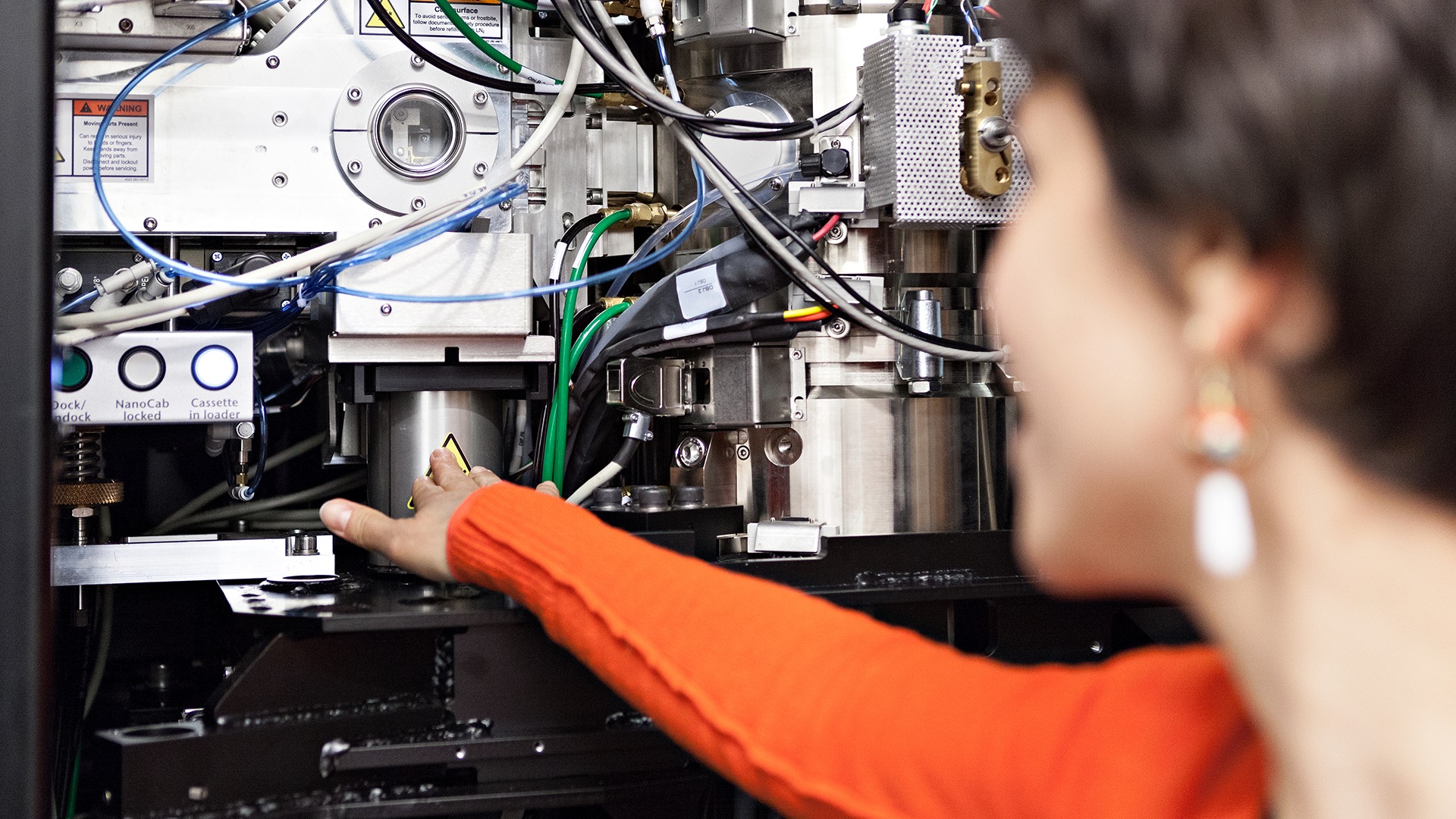SciLifeLab Enhances Support for Advanced Data Analysis Services in cryo-EM applications
The field of structural biology is witnessing a rapid growth with an influx of new users and projects consistently coming to light. SciLifeLab, with its cryo-EM units in Stockholm and Umeå, stands as a hub in this swift expansion. As part of the Data-Driven Life Science initiative, SciLifeLab is now expanding the services of their Bioinformatics Platform (NBIS), to offer advanced user support for data analysis in research projects also involving cryo-EM and cryo-ET data.
The rapid expansion of structural biology is driving a significant influx of new users eager to explore the potentialities this field offers. SciLifeLab, with its cryo-EM units in Stockholm and Umeå, has been actively facilitating this growth. Now, the analytical services will also be strengthened to catalyze more comprehensive research by broadening the services of the Bioinformatics Platform (NBIS). This expansion means that researchers can now access advanced user support for data analysis, in research projects utilizing cryo-EM, cryo-ET data and microED, marking a promising development in the structural biology sector.
“This is a very exciting time to join SciLifeLab’s structural biology efforts, and I am looking forward to being part of supporting the field to continue expanding and developing in Sweden,” says Piotr Draczkowski, one of the cryo-EM bioinformatics experts recently recruited at NBIS.
Structural biology is swiftly advancing, offering glimpses into the intricate world of biological molecules and their interactions. This pace of growth is importantly facilitated by technologies such as cryo-electron microscopy (cryo-EM) and cryo-electron tomography (cryo-ET), which allow for detailed visualization of biological entities. Acknowledging the rising demand for these technologies, SciLifeLab’s cryo-EM units have become focal points for new users in the field. As a response to the increased user base and the complex data generated by these technologies, SciLifeLab is now enhancing its user support services through NBIS in close collaboration with the cryo-EM units. This collaboration between NBIS and the cryo-EM units intends to create a supportive environment for users, making high-quality data analysis services readily accessible. This step aligns with SciLifeLab’s goal to strengthen the community’s ability to probe deeper into molecular biology, facilitating a smoother transition from data collection to interpretation.
“Structural biology is a constantly developing research field, for example with exciting opportunities in combining experimental data with rapidly advancing methods for protein structure prediction,” says Björn Nystedt, head of unit at NBIS bioinformatics support. “Thanks to the Data-Driven Life Science program, we are now able to broaden our services to include cryo-EM and cryo-ET data in a joint effort with the cryo-EM units and the Integrated Structural Biology platform.”
The advanced data analysis services will enable support to complex research projects and facilitate excellent research across several research areas, aiming to accelerate the possibilities for both established and new research groups in this exciting field.
“We are happy to be able to tighten the bonds to the bioinformatics platform. The data processing aspects are often a bottleneck in research projects, and being able to offer advanced data analysis support is an important component for us to best meet future needs,” says Marta Carroni, head of unit at cryo-EM in Stockholm.
In addition, NBIS and the cryo-EM units aim to gradually increase the capacity for guiding and supporting researchers throughout various stages of their projects – from planning and data collection to analysis and interpretation. Looking ahead, SciLifeLab plans to expand workshops and training sessions under the emerging SciLifeLab Training Hub, to offer more opportunities for users to engage with experts in the field, encouraging a collaborative and knowledge-sharing culture.
“SciLifeLab always seek to cultivate a community where knowledge exchange and collaborative learning are valued, and the Data-driven Life Science program has a strong focus on this collaborative aspect,” says Björn Nystedt.
The bioinformatics support in cryo-EM, cryo-ET and microED will be offered to selected projects in open calls under the NBIS Peer Review Bioinformatics Support track (WABI), with structural biology project proposals being welcome at the next regular application deadline on October 6, 2023. For more information and application forms, please visit the NBIS website.





